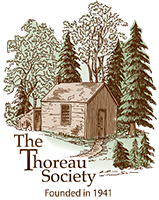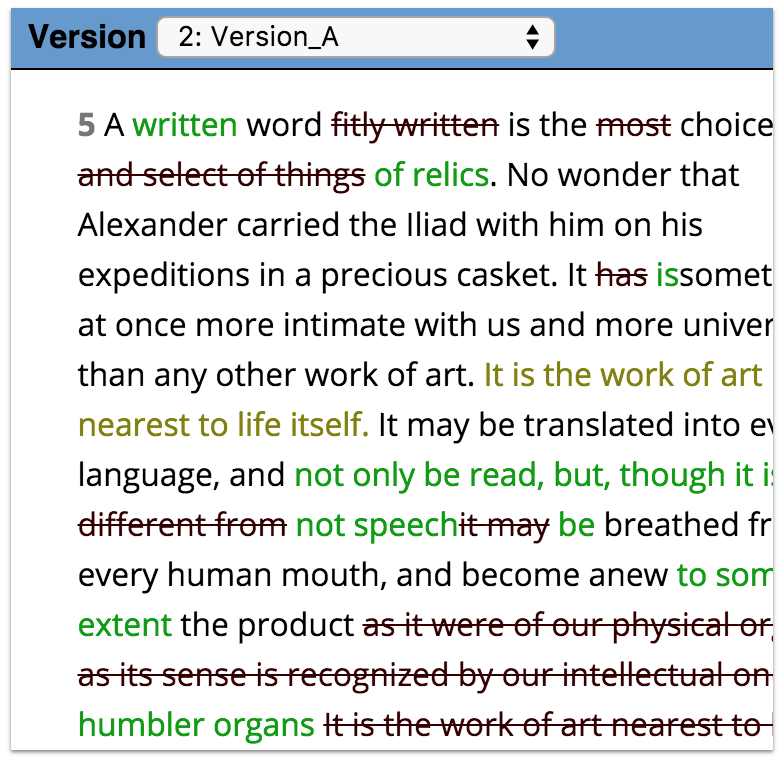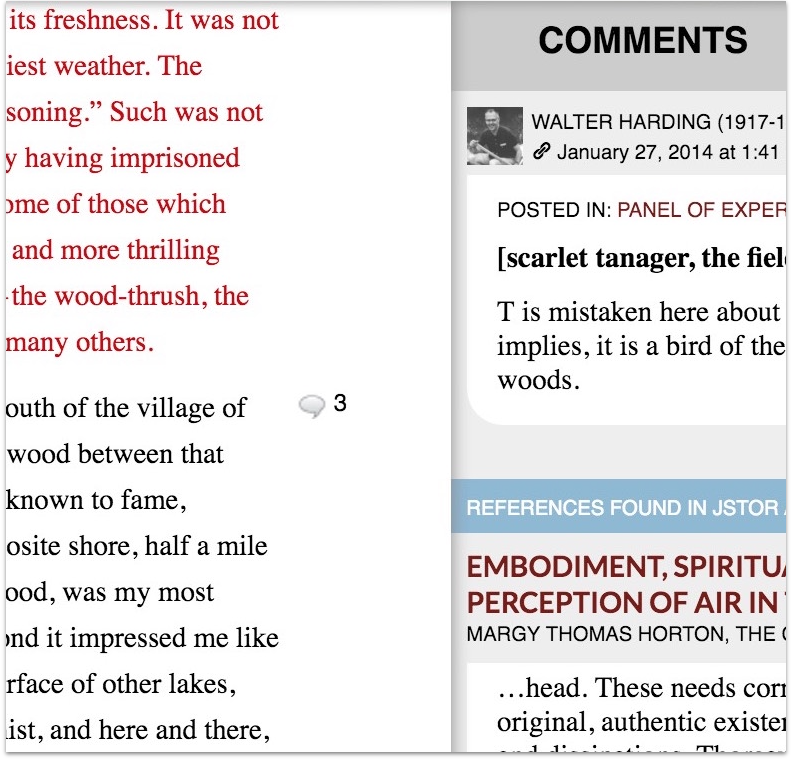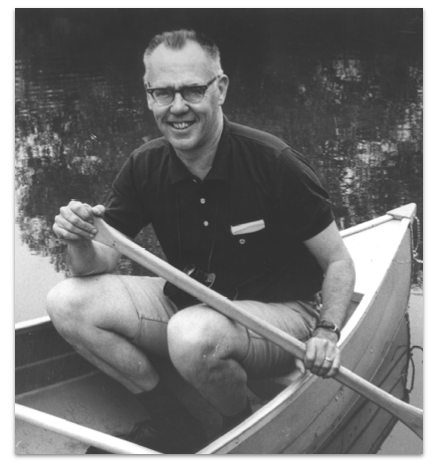Read our fluid text edition of Walden to understand Thoreau’s process of composition across the seven existing manuscript versions of the work. See the changes he made to any one version and compare changes across versions.
Our fluid text edition builds on Ronald E. Clapper’s groundbreaking “genetic” Walden using the standards of the Text Encoding Initiative and the open-source Versioning Machine. Our TEI is freely accessible for use by other scholars.
Learn about our Walden manuscript project, which uses high-resolution images made available by the Huntington Library through support from a SUNY Innovative Instruction Technology Grant.
Search the manuscript for passages transcribed in our fluid-text edition of Walden.
Read “Making Walden and Its Sandbank,” William Rossi’s re-assessment of Walden’s development—and Thoreau’s intellectual journey—through what the manuscript reveals about one of the book’s most famous passages.
Join our community and connect with fellow readers in the margins of Walden, Civil Disobedience, and other works by Thoreau.
If you’re a teacher, you can create a group for your students to exchange ideas in the margins, converse in discussion forums, and collaborate on documents. Keep conversations private or share them with a wider audience.
Discover scholarship in JSTOR that references particular words and phrases in Thoreau’s works.
Explore the life of Thoreau scholar Walter Harding (1917-1996), who helped found the Thoreau Society in 1941, told the story of Thoreau’s life in The Days of Henry Thoreau (1966), was the inaugural editor of The Writings of Henry D. Thoreau, and edited, among many other works, The Annotated Walden, The Variorum Walden, and The Variorum Civil Disobedience.
Our Omeka exhibit on Harding, The Days of Walter Harding, Thoreau Scholar was created and is maintained by students at SUNY Geneseo, where Harding taught from 1956-1982.
Digital Thoreau is a collaborative project of the State University of New York at Geneseo, The Thoreau Society, and The Walden Woods Project.






